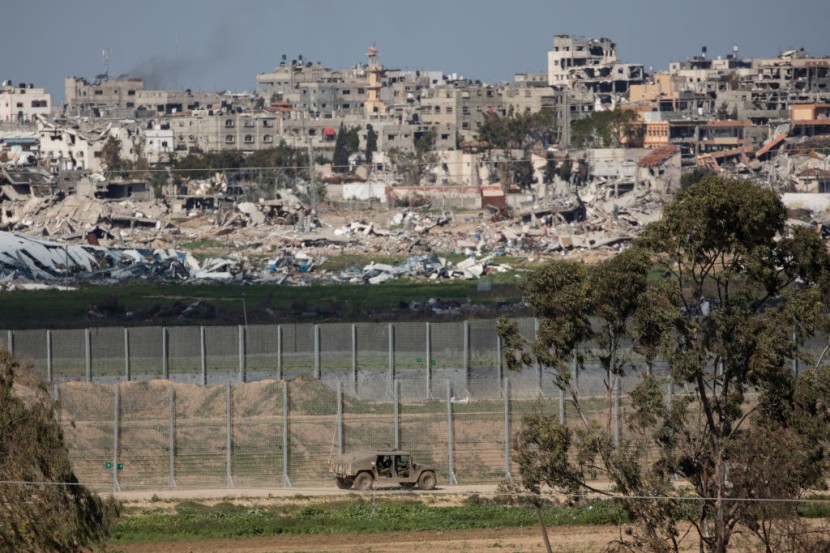On Wednesday Israeli Prime Minister Benjamin Netanyahu rejected the latest offer from Hamas, mediated by Qatar, for a ceasefire for the return of hostages still being held, and he renewed his call for the complete destruction of Hamas. According to the Prime Minister, there was no alternative for Israel but the removal of Hamas.

"The day after is the day after Hamas. All of Hamas," he told a press conference, insisting that total victory against Hamas was the only solution to the Gaza war.
The Palestinian militant group proposed a four-and-a-half month ceasefire, during which time all hostages would go free, Israel would withdraw its troops from the Gaza Strip and an agreement would be reached to end the war.
The Hamas offer is in response to an earlier proposal written up by intelligence officials from the United States and Israel, and were delivered to Hamas via Qatar and Egypt, Reuters reported.
United States Secretary of State Antony Blinken spoke with Netanyahu in Israel about the offer after talks with leaders from Qatar and Egypt.
Blinken also met with Palestinian President Mahmoud Abbas in Ramallah.
The IDF offensive into Gaza was sparked by the Oct. 7 Hamas assault on southern Israel that resulted in the death of 1,200 Israelis and the capture of 253 hostages.
The Israeli retaliation has thus far resulted in the deaths of 27,585 Palestinians, with thousands more feared dead under the rubble of relentless airstrikes from advanced Israel aircraft and munitions.
A source close to the negotiations said the Hamas counterproposal did not require a guarantee of a permanent ceasefire at the outset, but that an end to the war would have to be agreed before final hostages were freed.
The Hamas counterproposal was to be implemented in tiers falling within a 45-day window. The demands for the first tier include a temporary halt to military operations, an end to aerial recon missions, repositioning of Israel forces far outside the major population centers of Gaza, the release of Israeli women and children 19 and under being held as prisoners, and the release of the elderly and sick as well. In exchange, Hamas the release of Palestinian women, children, the elderly and sick from Israeli jails.
It also called a consensus on the release of 1,500 Palestinian prisoners, 500 of which were to be chosen by Hamas and were to be selected from individuals serving a long sentence up to and including life.








